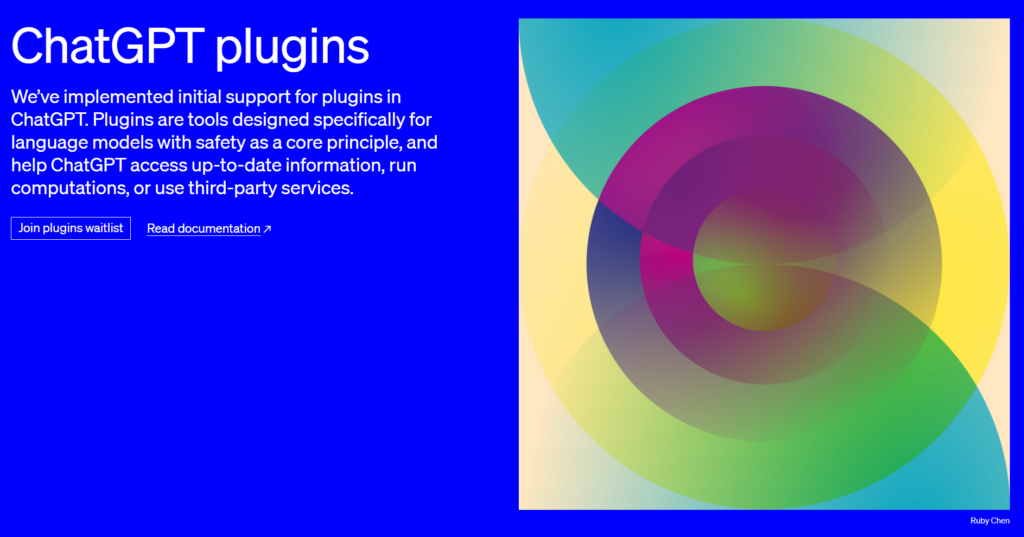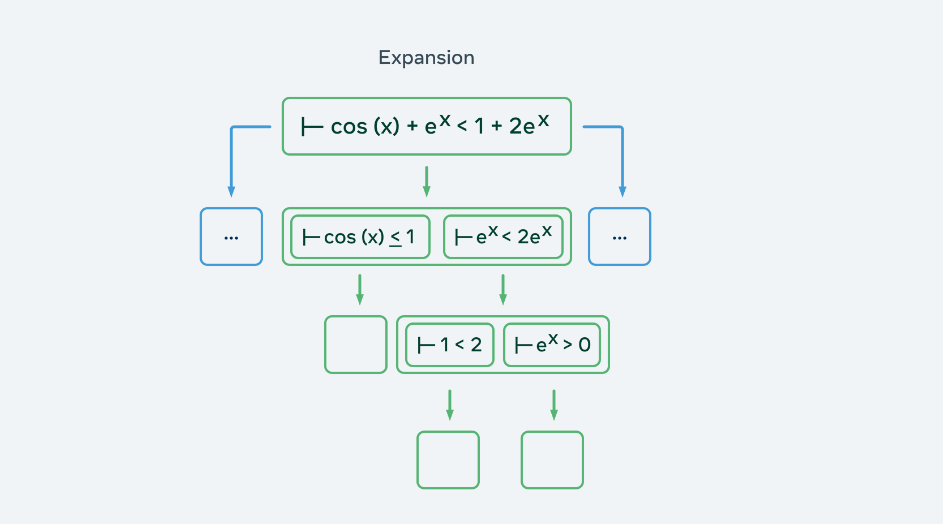
OpenAI announced on Mar 23, 2023, the availability of plugins within ChatGPT. Access is currently limited to ChatGPT Plus subscribers that joined a waitlist and have been selected by OpenAI.
Plugins can be automatically called by ChatGPT’s underlying LLM (Large Language Model, currently GPT-3.5 or GPT-4) in order to answer the questions of the user.
In order to make this work, plugins have to be registered in the ChatGPT user interface with a manifest file
(ai-plugin.json) that is hosted in the developer’s domain at
yourdomain.com/.well-known/ai-plugin.json. The file contains in a prescribed format
– metadata about the plugin (name, logo)
– details about the authentication mechanism
– an OpenAI specification for the endpoints of the API
– and a general description for the LLM of what the plugin can do.
The web app API needs to define an endpoint “/.well-known/ai-plugin.json” to access the content of this file.
In addition to the manifest file, an openapi.yaml file, that defines the OpenAI specification, has to be generated that is referenced in the “api” section of the manifest file via the “url” field. This file contains a detailed description of the API endpoints. The web app API needs to define an endpoint “/openapi.yaml” to access the content of this file.
When the user has activated a registered plugin and starts a conversation, the plugin’s description is injected into the message to ChatGPT, but invisible to the user. In this way, the LLM may choose an API call from the plugin if this seems relevant to the user’s question. The LLM will then incorporate the API result into the response to the user. More details can be found in OpenAI’s documentation.
Among the already available plugins, a few stand out. With the Wolfram plugin, all kinds of computational problems can be solved. And with the Zapier plugin, more than 5000 apps can be accessed. OpenAI itself introduced a web browser (that uses the Bing search API) and a code interpreter plugin (that runs in a sandbox without an internet connection). In addition, they open-sourced the code for a knowledge base retrieval plugin, that has to be self-hosted by a developer.
Interestingly enough, OpenAI notices that plugins will likely have wide-ranging societal implications and that language models with access to tools will likely have much greater economic impacts than those without. They expect the current wave of AI technologies to have a big effect on the pace of job transformation, displacement, and creation. OpenAI discusses the impact potential of large language models at the labor market in a recent publication.
Just a day after the OpenAI announcement of ChatGPT plugins, the open-source community already integrated these plugins also into LangChain. This is done just by referring to the plugin manifest file ai-plugin.json (see Twitter), e.g.:
tool = AIPluginTool.from_plugin_url( "https://www.clarna.com/.wellknown/ai-plugin.json")All the other exciting news of the week is well summarized by Matt Wolfe (Google Bard, NVIDIA GTC, Adobe Firefly, Image Generation in Bing via DALL-E2, Microsoft Loop, AI in Canva, GitHub Copilot X, AI in Ubisoft, Metahuman by Unreal Engine).

